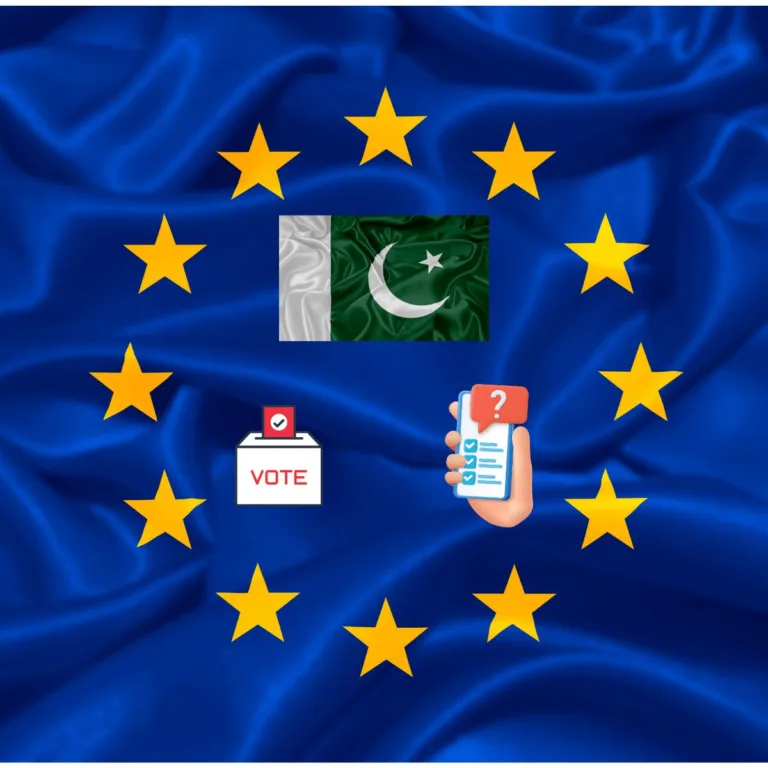A lesson in critical thinking that I am taught as a potential PhD candidate is to always make an opinion knowing my unique biases. Now this may seem a matter of fact notion but its unbelievable how people take things for granted, at least I have and probably will continue to do so. For instance, its common for me to greet someone by saying ‘Hi’ followed by the conventional ‘How are you’. Now this rather dull sometimes even annoying salutation is very widely used among the people of various nationalities I’ve had the pleasure to chat with, but among many Hong Kong locals it is not customary. In fact, Hong Kongers find this a personal question to be answered frankly only after the preliminary small talk is over. Can you imagine thinking of how-are-you’s like that?
It gets funnier, in Hong Kong people greet you by asking if you have eaten yet. Yes, there are some combinations for instance they will add lunch or dinner depending on the time of the day but the emphasis is always on food. If you are doubtful about the strangeness of this, imagine yourself in an elevator with a scrawny looking old guy at night as you leave the office. The guy gives you a grin and asks ‘Hello, have you had dinner yet?’ – excuse me? Did you just ask me out for dinner!? I don’t know you man! Alright I may be exaggerating for effect but living in Karachi or even London, nobody ever asked me if I had eaten right of the bat unless they really meant it. Although I must say it’s a different affair if the hot receptionist in the building is asking – it’s an elating feeling until you realise she neither cares if you have eaten nor is interested in dating you. Hong Kongers feel equally perplexed if you ask them ‘How-are-you’ although its strangeness is some what diluted, after all this is a former British colony in East Asia.
It is important to appreciate our differences and the nuances since that gives us a wider perspective and helps us make better choices. For me, knowing that I was brought up in a traditional muslim family in Karachi makes me appreciate the subtleties of a community living in a sometimes violent and mismanaged society. So I am always careful how I phrase ‘patronage’ or ‘connections’ or baradari, which in the West is looked upon unanimously as undermining meritocracy. Not all baradari is bad right? After all in the US people have replaced the term with the ubiquitous ‘references’ and in China they give it an entirely new meaning, Guanxi. But being self-aware of this bias also makes me realise its potential for abuse which otherwise I would have overlooked in the name of ‘getting-business-done-in-Pakistan’; it is no coincidence that developed countries have significantly less corruption than developing ones.
I am in no way implying that any one paradigm or school of thought is correct but the point here is simply to remember your eccentricities. To know why you believe in what you do, to know why you are likely to say something and to know why you recommend a certain course of action. This ontological bearing is not just about having a genuine conversation with others but also about being truthful to your self. As Stuart Hall writes – common sense is the biggest ideology of all.
Biases are great, they gives us character. But know that you have them and always admit them. Always.










